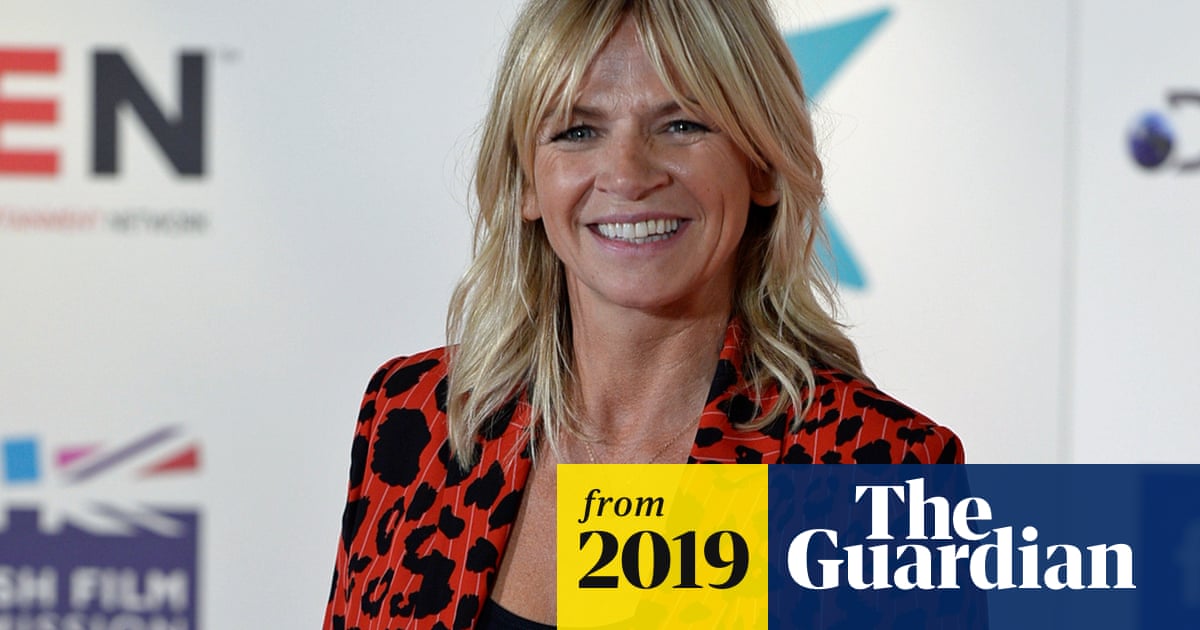Getting back to Radio 3, I've just read this on Lebrecht's blog - a response from the BBC to NL's usual knocking (this time at Tony Hall and an unnamed civil servant who it seems was put in charge of something or other - Norm doesn't even mention his name now, apparently:
"A BBC Spokesperson said: “We always fluctuate around the 2 million mark – we are delighted that audiences are listening longer with the highest figures in 2 years at 6hrs and 34m this quarter, along with an increased share of 1.2% – this is in line with our strategy to encourage audiences to take time out to listen to full-length classical concert broadcasts and slow radio.”
Not all of this is believable It's PR spin, which is disappointing.
It's PR spin, which is disappointing.
"A BBC Spokesperson said: “We always fluctuate around the 2 million mark – we are delighted that audiences are listening longer with the highest figures in 2 years at 6hrs and 34m this quarter, along with an increased share of 1.2% – this is in line with our strategy to encourage audiences to take time out to listen to full-length classical concert broadcasts and slow radio.”
Not all of this is believable
 It's PR spin, which is disappointing.
It's PR spin, which is disappointing.




Comment